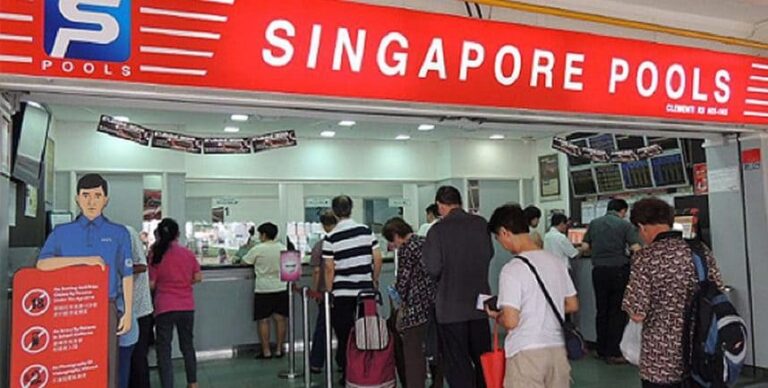The National Council on Problem Gambling (NCPG) has raised concerns about the lack of adequate consumer protection in states regulating online sports betting.
Researchers evaluated how well these jurisdictions align with the NCPG’s Internet Responsible Gambling Standards (IRGS), which outline best practices for safeguarding players.
The findings reveal significant gaps.
On average, states only met 32 out of the 82 recommended player protection guidelines in the IRGS. Connecticut, New Jersey, and Virginia ranked highest in compliance but still adhered to only 49 of the conditions.
The NCPG, a Washington, DC-based nonprofit, aims to mitigate the social and economic harm associated with gambling addiction. The organization neither supports nor opposes gambling.
Call for Stronger Regulations
Developed in 2012 and updated in December 2023, the IRGS includes best practices to help states prevent irresponsible gambling. These guidelines were created with input from gaming operators, regulators, mental health experts, and advocates. They cover key areas like player assistance, staff training, self-exclusion programs, and advertising standards.
Whyte urged gaming regulators overseeing legal sports betting to enhance their responsible gaming protocols.
“We call on legislators and regulators to act swiftly to close these gaps and minimize gambling-related harm,” Whyte stated.
In addition to the top performers, 10 states and DC met at least 40 IRGS standards, including Colorado, Louisiana, Massachusetts, New York, North Carolina, Pennsylvania, and Tennessee. Nine states, including Arizona, Illinois, Indiana, Michigan, Ohio, and Vermont, met between 25 and 39 standards.
The lowest-ranking states—those that met 24 or fewer standards—were Arkansas, Delaware, Florida, Iowa, Kansas, Kentucky, New Hampshire, Nevada, Rhode Island, West Virginia, and Wyoming.
Federal Oversight in the Spotlight
The report’s release follows a federal push for more unified sports betting regulations. US Rep. Paul Tonko (D-NY) and Sen. Richard Blumenthal (D-CT) recently introduced the SAFE Bet Act in Congress. If passed, the law would require states with legal sports betting to implement stricter protections for consumers.
The proposed legislation would restrict sports betting advertisements to air only between 10 p.m. and 8 a.m. and prohibit commercials during live sports broadcasts.
However, the American Gaming Industry opposes the bill, arguing that states already have sufficient measures to protect consumers.
Discover the premier destination for the best online betting site in Singapore with Octabet betting news. Begin your journey to victory today! Register now!




